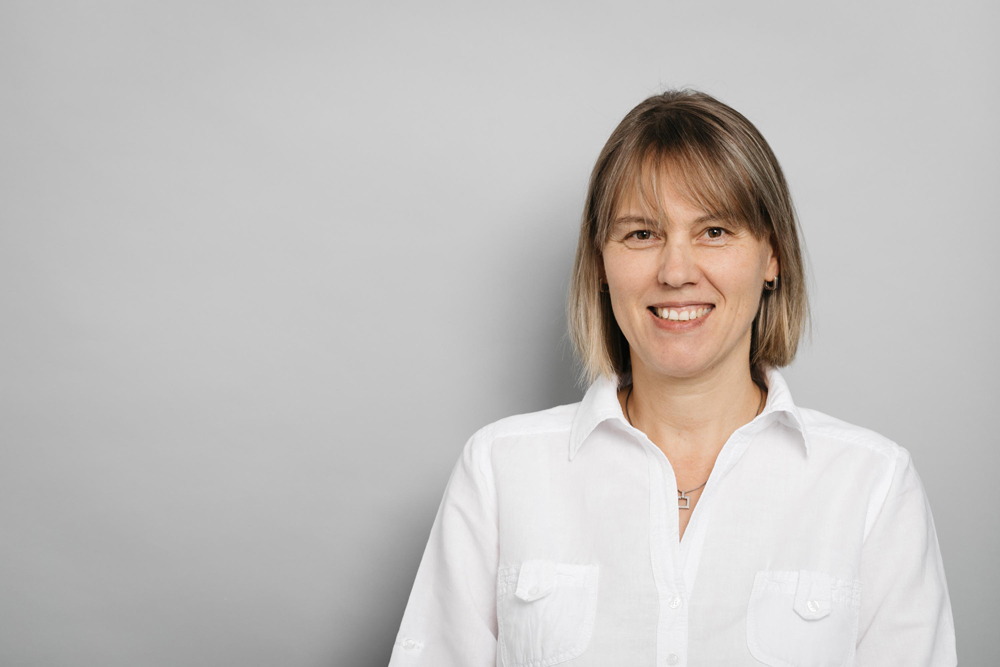Multicontrast Intravital Microscope
Construction of a multi-contrast intravital microscope for label-free imaging.
Runtime: 01.08.2015 - 31.07.2018
The aim of the project is to build an extremely versatile portable and modular multi-contrast microscopy platform for intravitreal imaging, which will support the imaging modalities of two photon excited fluorescence (TPEF), frequency doubling (SHG, second harmonic generation), coherent anti-Stokes Raman scattering (CARS), stimulated Raman scattering (SRS), two photon fluorescence lifetime imaging (FLIM), and Raman spectroscopy. The realization of such a multimodal microscopy platform for the investigation of cell culture samples up to organs and organisms, i.e. in vivo, will make it possible to conduct intravital microspectroscopic experiments, which have not been feasible up to now, which will open up fundamentally new possibilities for the understanding of life processes on the subcellular level up to the investigation of complex diseases as well as for the development of diagnostic procedures. Due to the portability of the set-up it is possible to use the device in the biophotonics laboratory of the Integrated Research and Treatment Centre for Sepsis and Sepsis Sequences (CSCC), the University Hospital or in the cell culture laboratory of the Abbe Center of Photonics, thus considerably expanding the spectrum of the Leibniz IPHT’s work so far possible. This infrastructural networking between photonics and medicine will strengthen the application for large-scale interdisciplinary research projects. The planned infrastructure measure will make a significant contribution to further expanding and maintaining Leibniz IPHT’s leading position in the scientifically and economically significant and sustainable field of biophotonics.
The project is financed by the Free State of Thuringia under the number 2015 FOR 0001 and co-financed by European Union funds within the framework of the European Regional Development Fund (ERDF).

